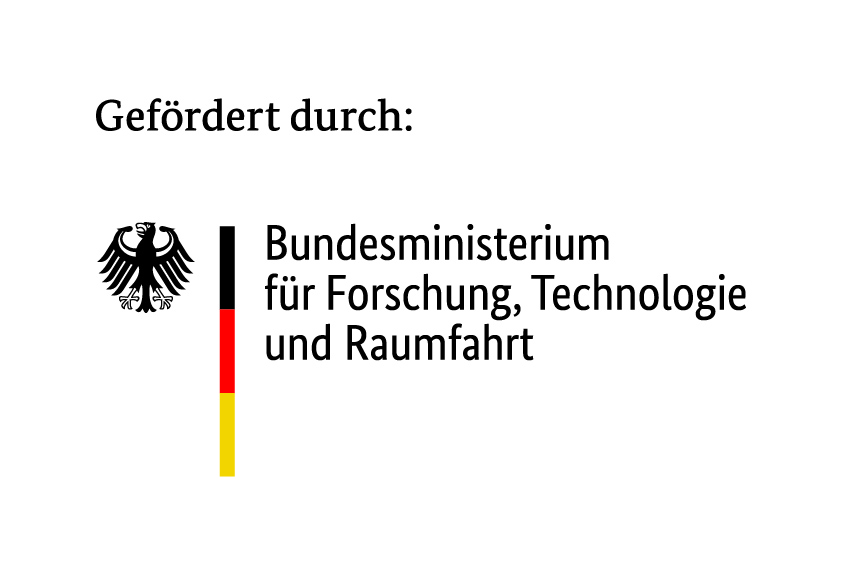
Elimination of critical raw materials
Sodium-ion cells based on abundant elements like sodium.
Built on our strengths
Scaling faster by leveraging existing supply chains.
Independence
Our local sourcing model not only reduces costs and CO₂, it enables European energy independence.








